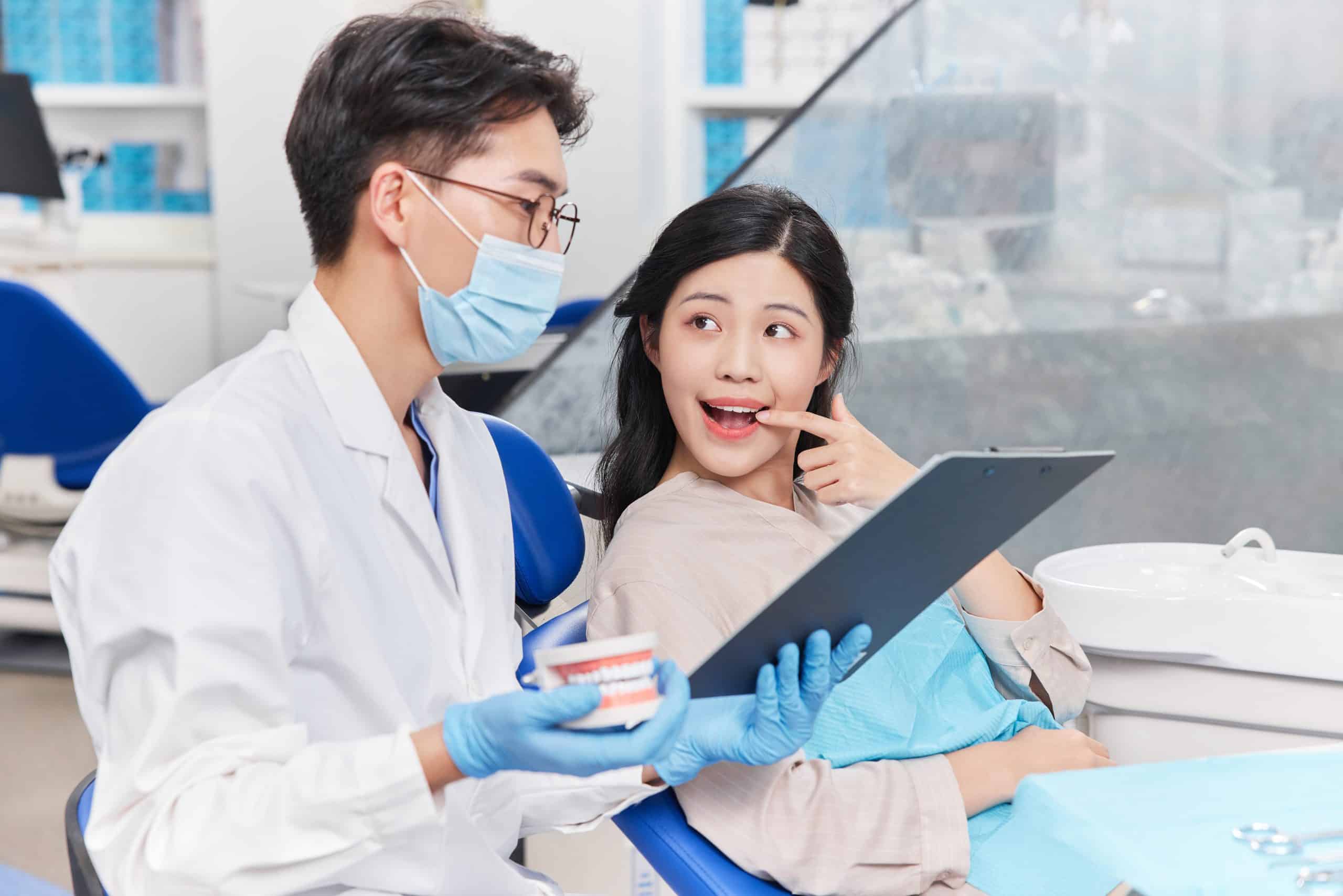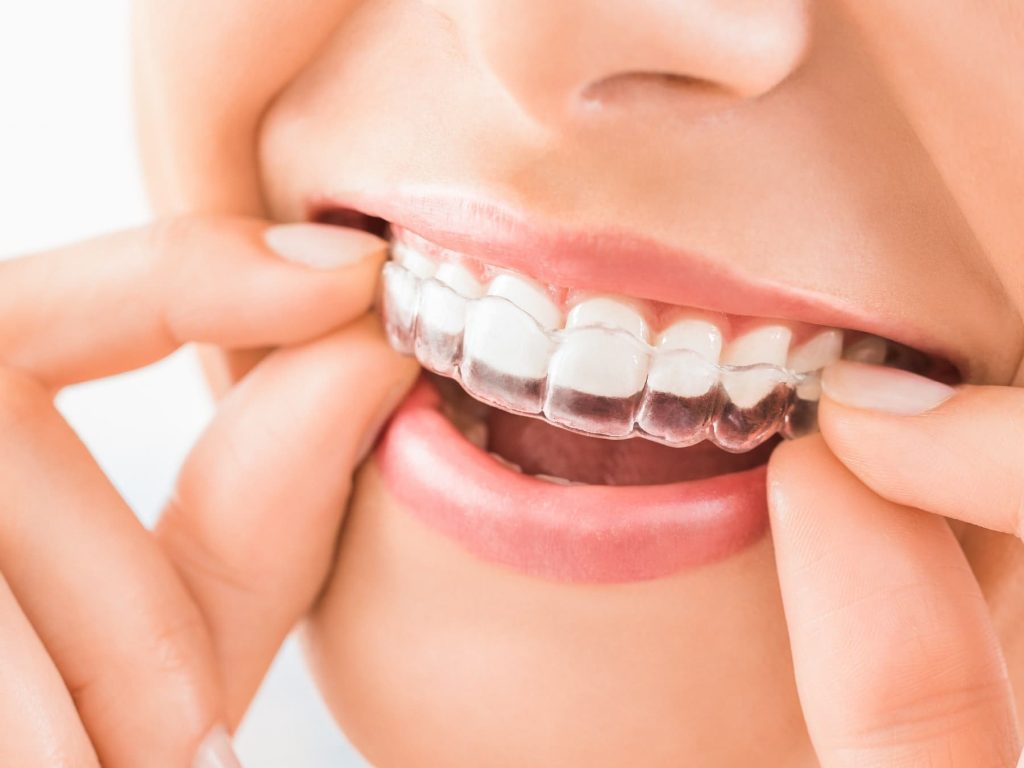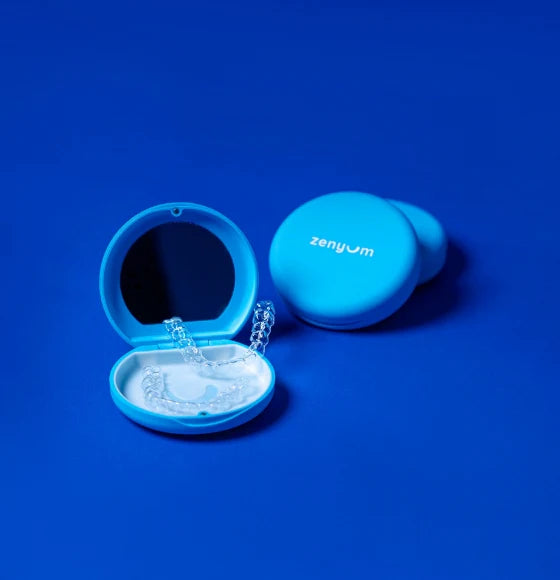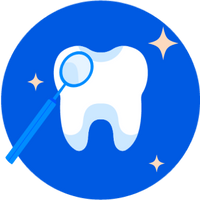Many people who have undergone orthodontic treatment using tooth extraction have expressed their joy, saying things like, "My teeth are more aligned now!" and "My bite has improved!"
However, there are many people who regret having their teeth extracted and undergo orthodontic treatment.
This time, I will explain the reasons why people regret their decision and also about non-extraction orthodontics.
Why do people regret having orthodontic treatment with tooth extraction?
Why do people regret having teeth extracted for orthodontic treatment ?
Here are some of the main reasons:
[Reason 1] The end result was not as expected
Before undergoing orthodontic treatment involving extraction, your doctor will usually provide you with an idea of what the final result will be.
Although orthodontic treatment begins with a mutual agreement between the parties, the results may not always be as expected.
Even if the targeted symptoms are improved, new problems often arise, such as " my mouth has drooped too much" or "I look older ."
Some people report symptoms that interfere with their daily lives.
[Reason 2] Extracted teeth cannot be put back
Once a tooth is extracted, it cannot be put back in place.
Therefore, even if you think, "I want my tooth back after all...", there is nothing you can do, and even if you suffer from various symptoms after the extraction, things will not go back to the way they were.
People who undergo orthodontic treatment through tooth extraction because they were influenced by others, rather than voluntarily because "everyone else is doing it," may be especially susceptible to such regrets.
[Reason 3] Pain or swelling occurred
If the procedure is not done properly after a tooth extraction, pain and swelling may occur.
It is common to receive proper treatment, but depending on the clinic, treatment may be sloppy and bacteria may get into the wound .
Of course, such clinics do not exist very often, but it is necessary to ask a reliable clinic for tooth extraction orthodontics.
How can I avoid regretting orthodontic treatment through tooth extraction?

Once orthodontic treatment involves extraction, it is difficult to make corrections later, and extracted teeth cannot be put back.
So, what can you do to avoid regretting your orthodontic treatment?
① Make sure to thoroughly discuss with your dentist
When undergoing orthodontic treatment ( orthodontics ), not just tooth extraction treatment, you will need to have a consultation with your dentist.
for example,
- How much does it cost ?
- What is the treatment?
- How long will it take?
- What will the final result be?
If you feel something is not right, it is important to continue discussing until both parties are satisfied.
② Beware of clinics that advertise low prices
In order to attract customers, some clinics
- easy
- convenience
- Inexpensive
There are clinics that use attractive slogans such as:
While it may be appealing to have a clinic that is both convenient and affordable, you should be careful about such clinics.
Circumstances when tooth extraction is necessary

There are some cases in which orthodontic treatment requires tooth extraction.
People who fall into this category will generally need tooth extraction, so it is important to consult carefully in advance to avoid regretting the procedure later.
[Case 1] The jaw is too small compared to the teeth
If your jaw is too small for your teeth, there won't be enough space for them to fit in .
If there is not enough space, double teeth may result, and orthodontic treatment cannot proceed without extraction.
Since there is no space to fit it in, the space needs to be created by extracting teeth.
[Case 2] Improve the E-line
Tooth extraction is also necessary to improve the E-line .
The E line refers to the silhouette of your profile, and in some cases, skeletal treatment is required to improve it.
In some cases, surgery may be required not only to align the teeth but also to pull the bone back, so it is difficult to know whether orthodontic treatment alone is possible without a diagnosis.
[Case 3] Extraction of double teeth
When it comes to crooked teeth , there are cases where they will need to be extracted if you are having orthodontic treatment to straighten them.
If the teeth are not too misaligned, extraction may not be necessary, but if the tooth is completely out of alignment, your dentist may recommend extraction as it will make treatment go more smoothly .
[Case 4] Wisdom tooth extraction
It is not always necessary to remove wisdom teeth, but there are cases where removing them will help smooth out the alignment of your teeth.
For example, wisdom teeth may get in the way and prevent a tooth from moving, or space may be needed to move a tooth .
The final decision on whether to use extraction or non-extraction orthodontics is up to the doctor!
Even if you think "I need to have a tooth extracted!", upon examination you may find that it is actually not necessary (non-extraction orthodontics).
We recommend that you do not judge it yourself, but rather get a free diagnosis first to check it out.
Checklist for choosing a clinic for orthodontic treatment without regrets

Here is a checklist to help you choose a clinic that will help you avoid regrets when undergoing orthodontic treatment using tooth extraction. Please use this checklist to choose a clinic.
- There is a full-time dentist
- Cephalogram equipment is available
- The diagnosis is made by the treating physician himself after analysis and examination.
- Your doctor will clearly explain your treatment plan and costs
- The doctor in charge explains how to settle expenses if the patient discontinues treatment or transfers to another doctor.
We recommend that you check whether the clinic is able to provide the bare minimum required.
Ask if "non-extraction orthodontics" is possible
In most cases, orthodontic treatment involves " non-extraction orthodontics ," which does not require tooth extraction.
Of course, non-extraction orthodontics cannot be used for all symptoms, but be sure to check with your dentist in advance whether or not tooth extraction is necessary.
What is the criterion for deciding whether or not to extract a tooth?
You cannot decide for yourself whether to have orthodontic treatment with or without extraction.
It is common for a clinic to decide what type of correction method is best, but what criteria do they use to make that decision?
[Criterion 1] Looseness of teeth
If the teeth are severely crooked, orthodontic treatment will involve extraction.
However, if your teeth are crooked but not too severe, it is possible to straighten them with non-extraction orthodontics.
[Criterion 2] Misalignment of the bite
In the past, if there was even the slightest misalignment between the upper and lower teeth, teeth were often extracted.
However, medical technology has advanced and tooth extraction is not always necessary. Currently, the amount of back teeth that can be moved back is about 5mm, so if the movement of the teeth is small, it can be treated with non-extraction orthodontics.
[Criterion 3] Inclination and protrusion of front teeth
Even if the teeth are well aligned overall, there are cases where the front teeth stick out.
Protruding front teeth are not only a cosmetic problem, but also one of the factors that lead to mouth breathing. In many cases, non-extraction orthodontics can be used to address the issue, but if there is not enough space to move the teeth, extraction orthodontics will be necessary.
Summary of extraction and non-extraction orthodontics

One of the most common reasons why people regret having orthodontic treatment through tooth extraction is "not coordinating with their dentist."
It is important to thoroughly discuss with your doctor in advance, asking questions such as "What will happen here?" until both parties are satisfied.
If you neglect this step just because it's a hassle , the final product may not match your image.
Zenyum , a clear mouthpiece orthodontics , recommends non-extraction orthodontics using clear mouthpieces.
If you are wondering whether your teeth alignment can be corrected with mouthpiece orthodontics, we encourage you to take a free online diagnosis .







